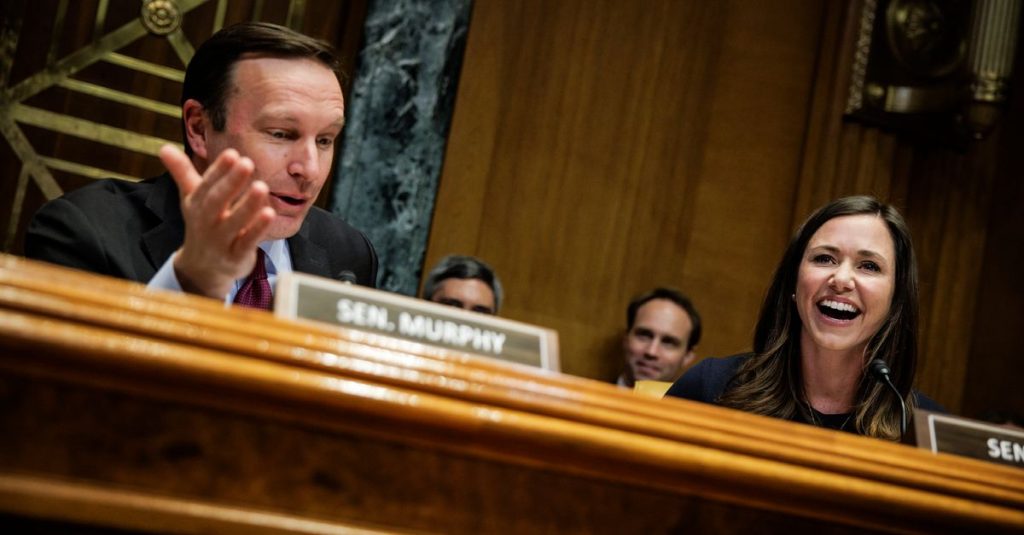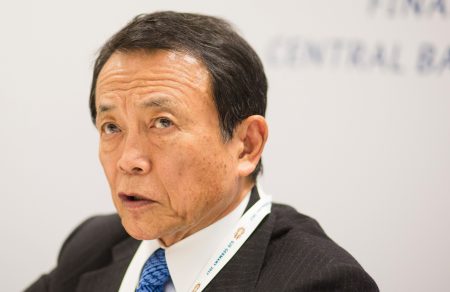Congress has passed a bill that would ban TikTok unless the popular video-sharing app divests from its Chinese parent company. Lawmakers are hesitating on broader industry regulations and digital privacy protections. Senator Chris Murphy introduced a bipartisan bill that would outlaw social media accounts for children under 13 and require parental consent for kids under 18. Members of Congress are concerned about the negative effects of social media on young people, including higher suicide rates and the proliferation of child sexual abuse material. State lawmakers are also taking action to protect kids online, with Florida recently passing a law to ban children from social media. Sacha Haworth of the Tech Oversight Project urges federal lawmakers to take the lead in addressing online safety issues.
The Kids Online Safety Act, or KOSA, is the most popular piece of social media legislation in the U.S. Senate. It would create a “duty of care” for social media companies to protect minors from harmful content. The bill also aims to give minors the option to opt out of personalized recommendation systems designed to keep them engaged. The Senate bill has 68 co-sponsors, making it likely to pass if put up for a vote. Lead sponsor Senator Richard Blumenthal is optimistic about the bill’s future and believes that Democratic leadership is interested in moving it forward. However, passing complex legislation in a presidential election year can be challenging.
Democrats reject the idea that the TikTok divestiture bill was a missed opportunity for broader social media reform. They view TikTok as a national security threat due to its Chinese ownership, separate from the issue of social media’s negative impact on users. Some lawmakers have received calls and death threats over the TikTok ban, underscoring the unhealthy nature of online interactions. Senator Brian Schatz supports the Kids Online Safety Act but believes it does not go far enough in protecting children from social media’s negative effects. The tech industry and civil liberties groups argue that age-gating the internet violates the First Amendment.
Federal courts have blocked state laws requiring age verification for internet users, citing First Amendment concerns. Instead of age-gating, some lawmakers advocate for setting a national standard for data privacy to protect consumers from corporate abuses. Senator Maria Cantwell and Representative Cathy McMorris Rodgers have introduced the American Privacy Rights Act to address data privacy concerns and limit companies’ ability to track and sell user data. Congressional hearings have been held on privacy proposals and related measures, but progress on legislation can be slow on Capitol Hill. Despite past efforts to hold internet platforms accountable for online child sexual abuse material, little progress has been made in passing relevant legislation.















